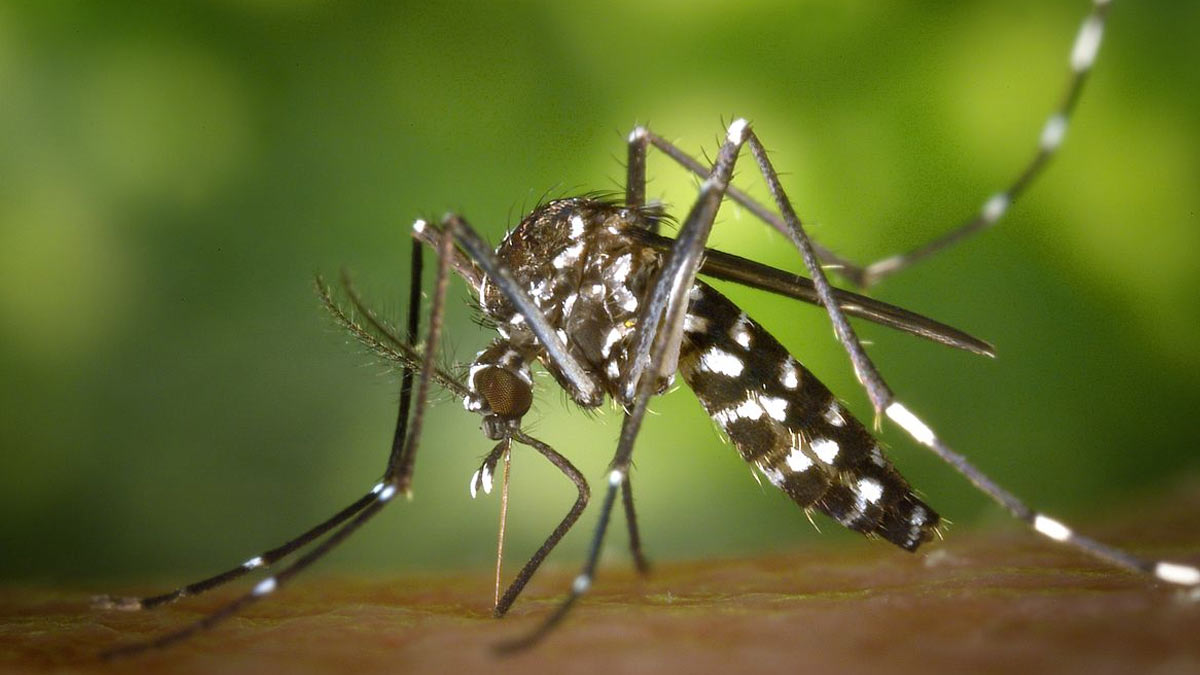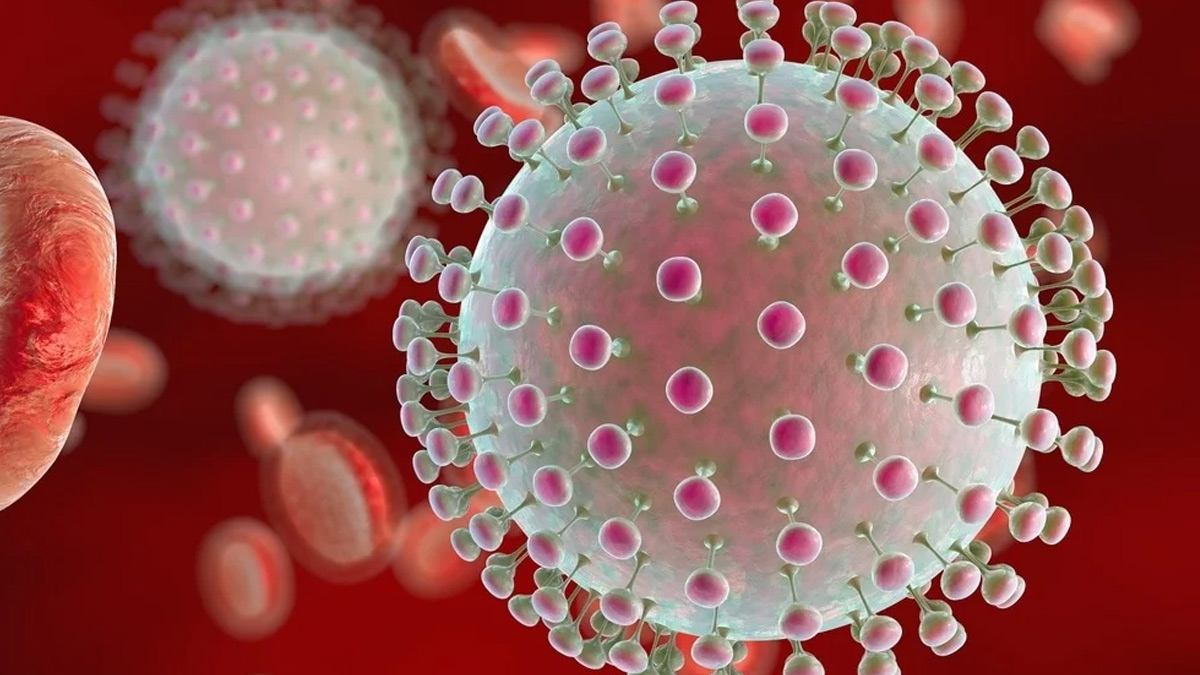
In a concerning development, the Zika virus has reemerged in Pune, India, with two reported cases involving a local doctor and his teenage daughter. This marks the first incidence of Zika virus infections in the city for the year, following similar outbreaks in Mumbai last year. The seasonal increase in mosquito populations, particularly following the onset of rains, has heightened the risk of Zika virus transmission.
Table of Content:-
Understanding the Zika Virus
The Zika virus is a member of the flavivirus family, which includes other well-known viruses such as dengue and yellow fever. It is primarily transmitted through the bites of infected Aedes mosquitoes, specifically Aedes aegypti and Aedes albopictus. According to Dr. Jatin Ahuja, Senior Consultant of Infectious Diseases at Indraprastha Apollo Hospitals in New Delhi, not every mosquito carries the Zika virus, and not every bite from an infected mosquito results in infection.

Global Presence and Spread
Zika virus-carrying mosquitoes are found in many parts of the world, including the Americas, the Caribbean, Africa, and Asia. The virus gained significant attention during the 2015-2016 outbreaks in Brazil, which were linked to severe birth defects in newborns. While the majority of those infected with the Zika virus remain asymptomatic, the virus can pose serious health risks, particularly to pregnant women and their fetuses.
Also Read: Study Links BPA in Plastic Bottles to Increased Type 2 Diabetes Risk
Symptoms to Watch For
Only about 20% of individuals infected with the Zika virus exhibit symptoms. As per Dr Trupti Gilada, Consultant Physician in Infectious Disease, Masina Hospital, Mumbai, the most common symptoms include:
- Fever
- Headache
- Joint pain
- Conjunctivitis (redness in the whites of the eyes)
- Rash (a mix of raised and flat red areas on the skin, often itchy)
In pregnant women, the virus can lead to severe complications, such as microcephaly, a condition where the baby’s brain does not develop properly.
Also Read: Most Heatstroke Deaths In Delhi Involved Comorbidities: Health Minister
Modes of Transmission
The primary mode of Zika virus transmission is through the bite of an infected Aedes mosquito. However, the virus can also spread in other ways:
- Mother-to-fetus transmission: If a pregnant woman is infected, the virus can pass through the placenta to the fetus.
- Sexual transmission: Zika virus can be present in bodily fluids, such as semen, for weeks or even months after infection. It can be transmitted through oral, anal, or vaginal sex.
- Blood transfusions: Although rare, there have been reports of Zika virus transmission through blood transfusions in countries like Brazil and France.
Managing and Treating Zika Virus Infection
Currently, there is no specific antiviral treatment for Zika virus. Management of the disease focuses on alleviating symptoms. Over-the-counter medications like acetaminophen (Tylenol®) can help reduce fever and pain. It is advised to avoid aspirin and nonsteroidal anti-inflammatory drugs (NSAIDs) unless prescribed by a healthcare provider, as these can increase the risk of bleeding.
Pregnant women who test positive for Zika virus should seek specialized medical care to manage symptoms and reduce the risk of complications for the fetus.
Bottomline
The emergence of Zika virus cases in Pune underscores the need for heightened awareness and preventive measures, especially during the monsoon season when mosquito populations surge. Understanding the symptoms and modes of transmission is crucial for early detection and management. Public health initiatives must focus on educating communities about protective measures to curb the spread of this virus and safeguard vulnerable populations, particularly pregnant women and their unborn children.
Also watch this video
How we keep this article up to date:
We work with experts and keep a close eye on the latest in health and wellness. Whenever there is a new research or helpful information, we update our articles with accurate and useful advice.
Current Version